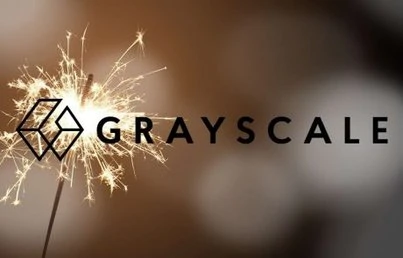Grayscale’s Digital Large Cap Fund Becomes an SEC-Reporting Product

Grayscale’s Digital Large Cap Fund Becomes an SEC-Reporting Product
The Grayscale Digital Large Cap Fund has become the asset manager’s third product reporting to the US Securities and Exchange Commission.

After the Bitcoin and Ethereum Trusts, Grayscale’s Digital Large Cap Fund has also filed and been approved to become an SEC-reporting product. Additionally, the largest digital asset manager has filed three more Registration Statements with the Commission.
Grayscale Investments, the large cryptocurrency asset manager, filed a Registration Statement on Form 10 with the Securities and Exchange Commission earlier this year.
The company announced on July 12th that the application had been approved and is already effective. Meaning, that the “first diversified digital currency investment fund” has its shares registered pursuant to Section 12(g) of the Securities Exchange Act of 1934.
“Grayscale aims to provide the investment community with a higher level of disclosure and reporting on top of the already stringent obligations to which our products adhere. We hold our products to a higher standard because this is what investors want and what we believe they deserve.” – said the company’s Vice President of Legal – Craig Salm.
Separately, the firm has filed three more such registrations with the Commission on behalf of the Bitcoin Cash Trust, the Ethereum Classic Trust, and the Litecoin Trust.
As of now, Grayscale already has three products reporting to the SEC. Apart from the aforementioned Digital Large Cap Fund, the other two are tracking the performance of the largest cryptocurrencies – Bitcoin and Ethereum.
It’s worth noting that the Form 10 filings are voluntary and are subject to review by the Commission.
After the impressive 2020 and the similarly notable start of 2021, Grayscale has seen a reduction in demand for its products. In combination with the market retracement, the company’s total assets under management slid below $30 billion, according to the most recent data.

{{comment.anon_name ?? comment.full_name}}
{{timeAgo(comment.date_added)}}
{{comment.body}}
{{subComment.anon_name ?? subComment.full_name}}
{{timeAgo(subComment.date_added)}}
{{subComment.body}}